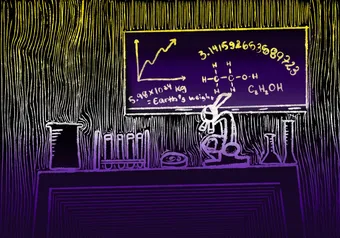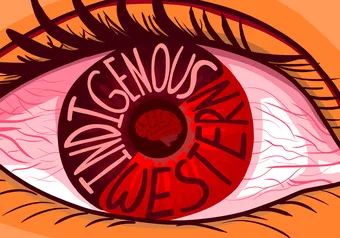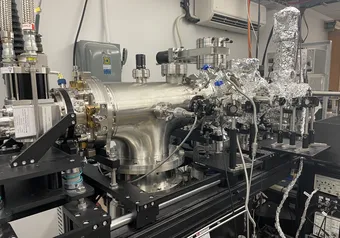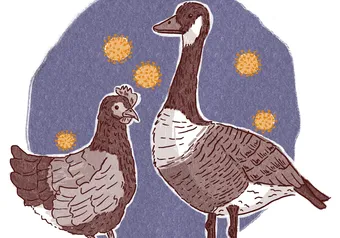The design teams at UBC stand for innovation, creativity and adaptability: skills that have proved invaluable as the pandemic rerouted the trajectory of their projects. The Ubyssey sat down with some of these teams to better understand the challenges — and successes — that they’ve faced since going virtual.
Prohibition era UBC
Before COVID-19 hit, the UBC Biomedical Engineering Student Team (BEST), which aims to develop assistive devices that help individuals in the community with physical challenges, was just starting to gain momentum on their “more rewarding and more community-centric projects,” explained co-captain Emma Gray.
Early in the semester, the Faculty of Applied Science required student groups to limit themselves to virtual activities, prohibiting in-person and off-campus work — even if the students were working alone from home.
“The magnitude of that statement is huge,” said Gray. “Physical work time has been cut [at the very least] in half. And there's a good chance that we won't be back next semester. We just don't know.”
UBC BEST wasn’t the only design team forced to stall their projects.
Of the three competitions that UBC Rocket was planning on competing in, two have been postponed due to the pandemic.
“There’s a lot of disappointment,” said Thien Ho, team captain at UBC Rocket. “A lot of work has gone into making sure that we're at the point where we're ready for [competitions].”
As UBC Rocket was also limited by the prohibition on physical work, Ho explained that his team faced the challenge of finding rewarding tasks for members who were forced to transition from hands-on work to virtual projects.
According to UBC Thunderbots captain Chantal Sousa, robot production is an ongoing process, in which physical testing of the prototype is necessary before committing to a final design. Sousa explained that approval for hands-on work is crucial for meeting their long-term goals, as well as teaching new team members the craft. As RoboCup has been postponed until June 2021, the pressure is on for UBC Thunderbots to come up with creative solutions for operating virtually.
Success in the midst of chaos
Though limiting for some teams, the challenge of COVID-19 hasn’t been without reward.
After being approached by UBC to enroll in the Biodesign Challenge, UBC International Genetically Engineered Machines (iGEM) developed software that facilitates COVID-19 vaccine research based on the evolution of SARS-CoV-2, the virus responsible for COVID-19.
“We really felt like we didn't want the pandemic to [slow] progress down or to inhibit us from still making the most of the rest of the year,” said captain Samuel King, “so we decided to pursue more of an online project. And that's when we started developing our research towards COVID and COVID vaccines.”
What does the future hold for UBC’s design teams?
As UBC BEST still has some community projects in the works, they are considering outsourcing their data and project development to the public in the hopes that volunteers who are not affiliated with UBC can pick up where they left off.
With all the challenges presented over these past few months, Gray is grateful for the adaptability of her teammates.
“I’m very proud [that UBC BEST] has been able to pivot like that,” said Gray. “I'm excited that we have mechanical and chemical engineering students learning Python for machine learning projects. I'm excited [about] the skills that are developed.”
According to Ho, UBC Rocket is focused on preparing safety plans in the event they regain access to physical purchases and their workspaces. At the very least, an approval for low-risk physical purchases would allow UBC Rocket to outsource some of their manufacturing tasks to companies outside UBC.
Ho also recognized a silver lining to the online transition, commenting that the postponed competitions have given UBC Rocket time to finalize their designs.
[Sorry, video not found. You can contact webmaster@ubyssey.ca to fix the issue]
UBC Thunderbots are determined to reach their goal of formulating eight new robots in time for RoboCup 2021. Sousa explained that they are looking into maker spaces — off-campus workbenches for physical manufacturing — as well as securing funding for the year.
Currently, UBC iGEM are wrapping up their COVID-19 vaccine research in a manuscript. They have their sights set on building their team for the new year, recruiting applicants from a variety of disciplines.
The teams have been grateful for the patience and collaborative efforts demonstrated by the Faculty of Applied Science, as design teams are working alongside UBC to resume full progress.
As they continue to navigate COVID-19, the resiliency and determination upheld by UBC’s design teams serves as a reminder of what can be accomplished — even in the most trying and uncertain of times.
First online
Share this article








